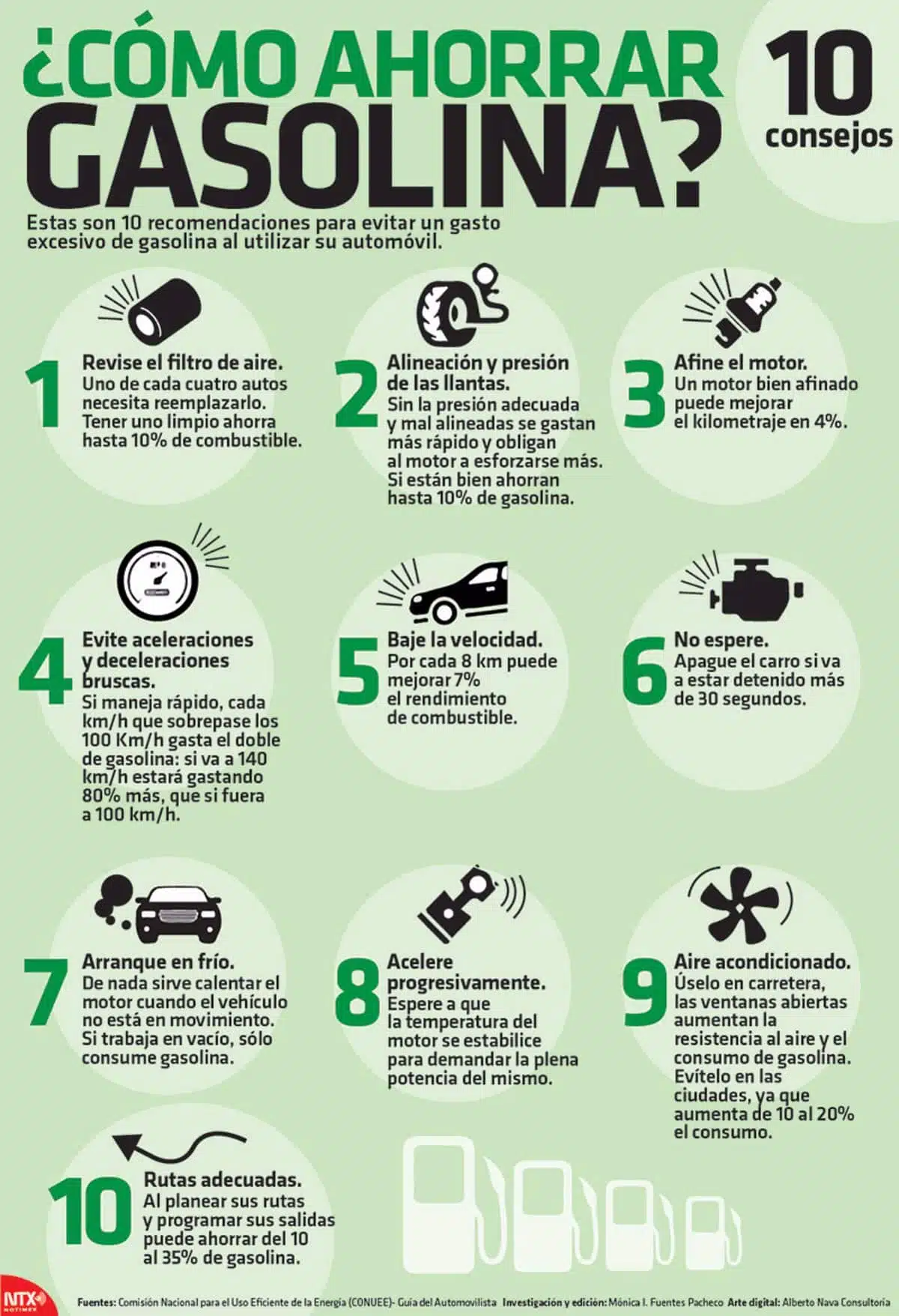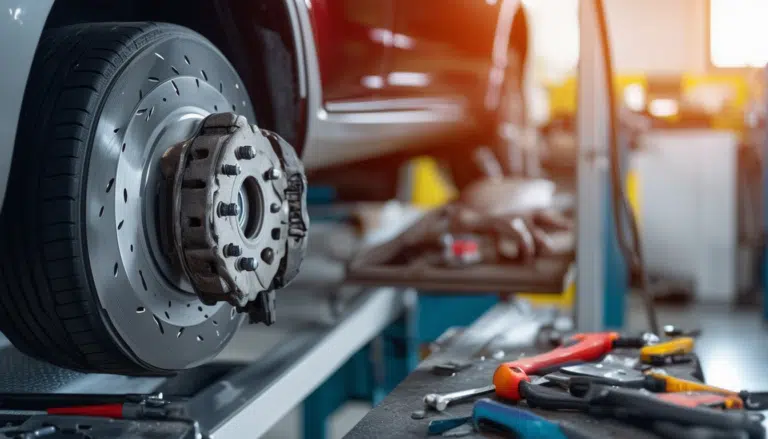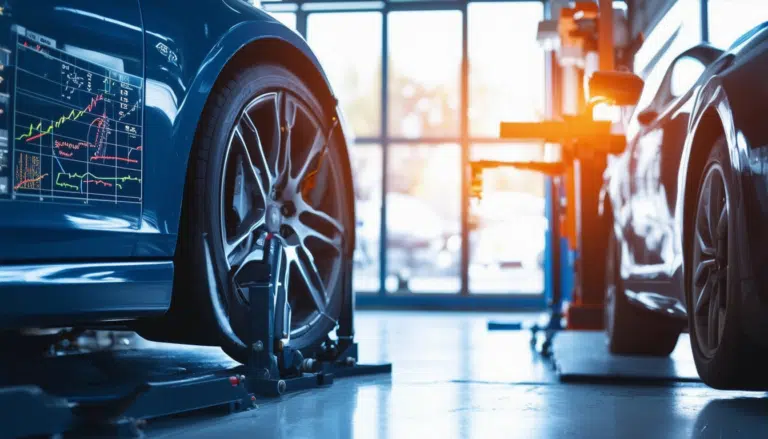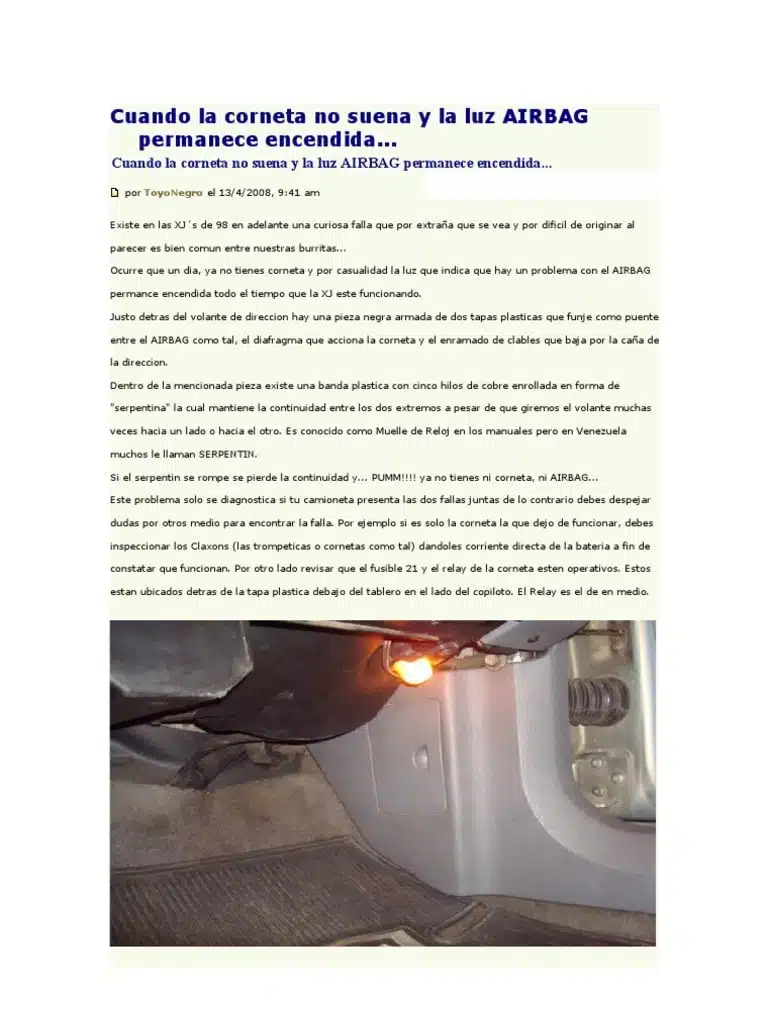Consejos de la DGT para Economizar Hasta 500 Euros en Gasolina

Traveling by car, especially during holidays, can result in a significant expense for the family economy, mainly due to the cost of gasoline. In light of this reality, the Directorate General for Traffic (DGT) has prepared a series of practical tips that allow drivers to save up to 500 euros a year on fuel. These recommendations not only help reduce economic spending but also promote more efficient and environmentally friendly driving, prolonging the vehicle’s lifespan and decreasing harmful emissions.
Traveling by car during holidays can negatively impact the family economy, especially regarding gasoline expenses. For this reason, the Directorate General for Traffic (DGT) proposes a series of recommendations to help drivers save up to 500 euros on gasoline annually. These suggestions are not only effective at reducing expenses but also help minimize harmful emissions and prolong the vehicle’s lifespan.
Importance of Efficient Driving
The expense for fuel can be substantially reduced with more efficient driving practices. The DGT notes that approximately half of fuel consumption depends on the adopted driving style. By implementing changes in our driving habits, it is possible to reduce gasoline consumption by between 30% and 50%. These measures apply throughout the year, although they become more relevant during summer months, when regular traffic increases.
Proper Vehicle Maintenance
Paying attention to the car’s tuning is essential. Often, drivers do not take their vehicle in for service until it is strictly necessary. The DGT recommends performing this type of maintenance before embarking on a long journey, which can prevent mechanical problems and high fuel consumption.
Tire Pressure
One of the simplest and most effective practices is to check the tire pressure. Although it may seem obvious, many drivers do not usually do it. Using tires with low pressure increases fuel consumption and causes premature wear. It is advised to check the pressure at least once a month and adjust it appropriately before long trips, especially if carrying a load in the trunk.
Driving in Higher Gears
The DGT also advises driving in higher gears whenever possible. Doing so significantly reduces gasoline consumption. However, this should be done with caution; it is not advisable to shift to higher gears if the vehicle’s speed is not appropriate, as it could lead to long-term damage.
Anticipatory Driving
Another crucial tip is to maintain anticipatory driving. This means driving at a constant speed and avoiding sudden stops and accelerations. Keeping a safe distance and adjusting speed according to traffic and road conditions is essential to optimize fuel consumption.
Prudent Use of Air Conditioning
The DGT also suggests a prudent use of air conditioning, as unnecessary use can increase gasoline consumption by between 10% and 20%. It is recommended to adjust the temperature of the air conditioning so that there is not a large difference from the outside temperature, which creates a comfortable interior environment without overspending.
Other Strategies to Reduce Fuel Costs
Additionally, using public transport when possible can significantly contribute to reducing fuel expenses. For example, an article on automotores-rev mentions how these strategies help not only save money but also reduce traffic congestion.
Participating in carpooling and adopting responsible driving habits are other methods that support fuel economy. Exploring the use of efficient vehicles can maximize savings and minimize environmental impact.
Final Considerations
In conclusion, applying these recommendations from the DGT can mean significant savings in the family budget. Investing time in learning about efficient driving practices and vehicle maintenance not only leads to savings in gasoline but also enhances road safety while contributing to environmental protection.
Traveling by car is one of the most common forms of transportation, especially during holiday season. However, this type of traveling can also be very costly, with gasoline representing a significant expense in the family budget. Fortunately, the Directorate General for Traffic (DGT) has developed a series of tips that allow drivers to optimize their fuel consumption and, thus, save up to 500 euros a year.
The tips offered by the DGT are particularly valuable, as they encompass driving practices that not only help reduce costs associated with gasoline but also contribute to decreasing CO2 emissions and prolonging the vehicle’s lifespan. Implementing more efficient driving habits, such as maintaining a constant speed and ensuring the correct tire pressure, can lead to considerable savings.
Moreover, preventive maintenance of the car is crucial to avoid unnecessary increases in fuel consumption. Regular vehicle inspections and adjusting the use of air conditioning are just a few aspects to consider for minimizing expenses. Adopting a mindset of economy when using fuel translates into long-term benefits, both financial and environmental.
In conclusion, following the DGT’s recommendations results not only in considerable economic savings but also promotes a more sustainable and responsible lifestyle. The combination of good driving, proper vehicle maintenance, and special attention to daily habits will allow us to enjoy our travels without the cost of gasoline becoming an excessive burden on our finances. With these simple steps, it is possible to become a more conscious driver and save significantly.





